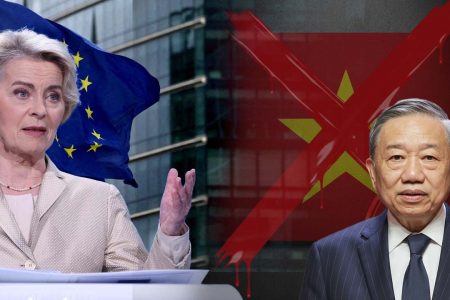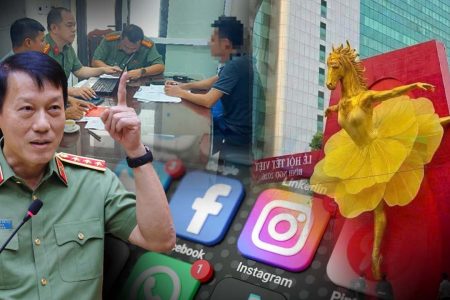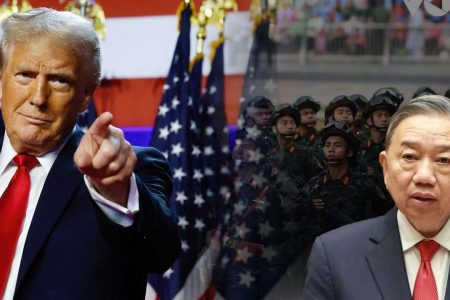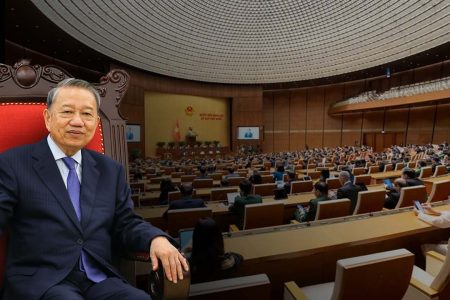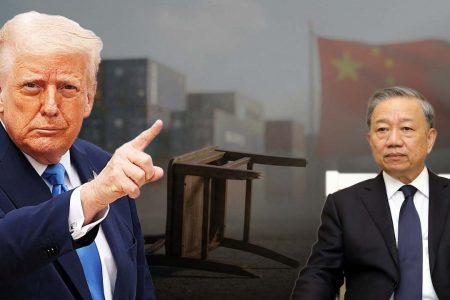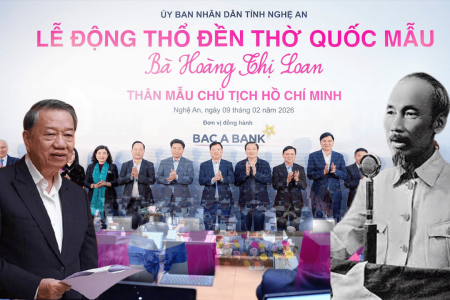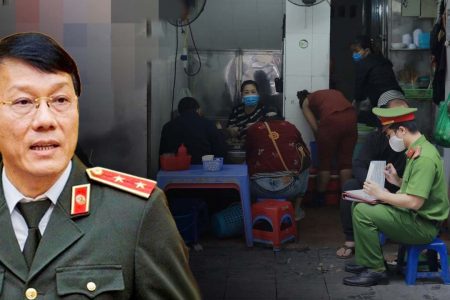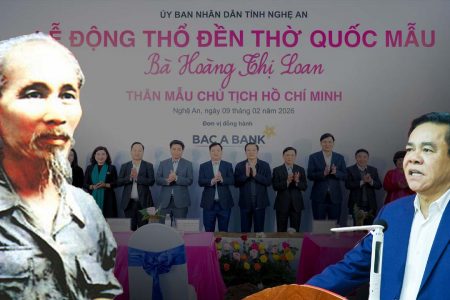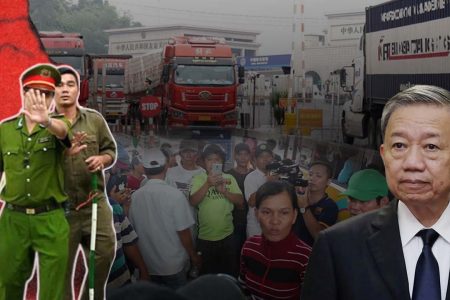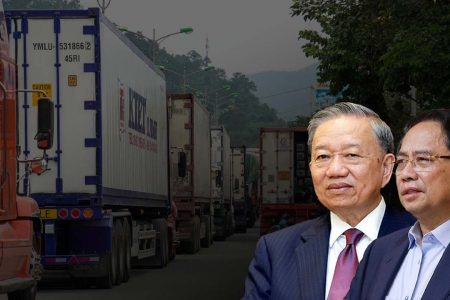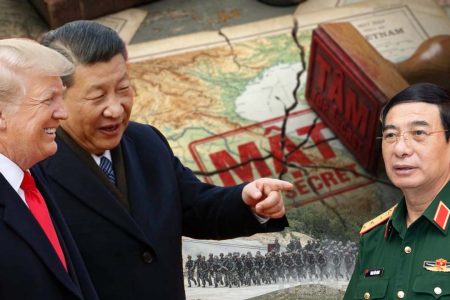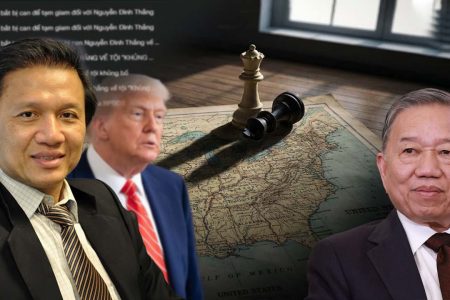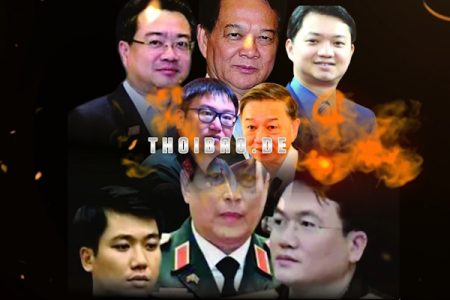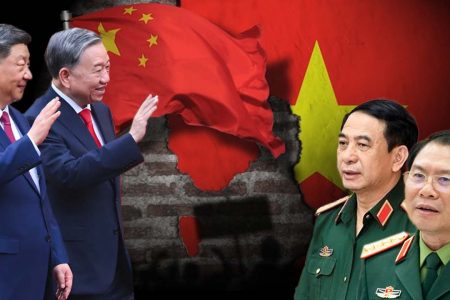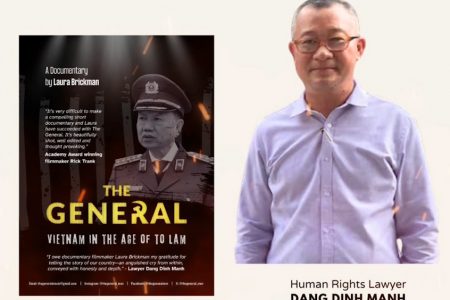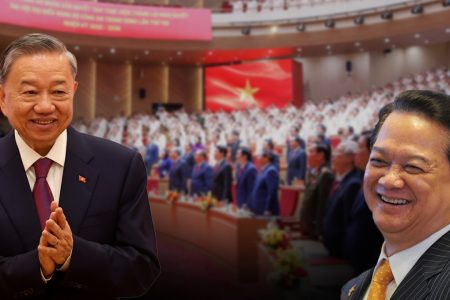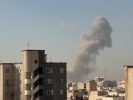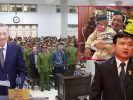November 26, 2025
International and domestic political observers are closely monitoring the subtle movements within the Communist Party of Vietnam (CPV) ahead of the 15th Plenum of its Central Committee, an event considered likely to create a significant shift in the current power structure.
Although outwardly the Party and State apparatus continues to operate at a normal pace, international observers believe that the internal workings of the ruling party are entering the most complex adjustment phase since former police chief To Lam became General Secretary.

Accordingly, this preparation is taking place silently but no less intensely, directly related to shaping the leadership structure and political direction for the upcoming 14th Party Congress term.
General Secretary To Lam, who holds the highest power, is considered the central figure in all high-level personnel arrangements this time. He is still leveraging the extensive influence of the Ministry of Public Security to consolidate his position and continue to place close associates in key positions.
Recent personnel changes, especially within the police forces and key government agencies, are seen as aimed at protecting political stability through tighter control.
On another axis of power, State President Luong Cuong, who represents the influence of the military bloc, is said to be striving to reassert his position after a period of relative quiet.
According to international analysts, the military faction still does not want power to tilt too strongly towards the Ministry of Public Security, especially in the context of defense policies and foreign relations that require balance.
Recent signals from the state-controlled media also show that the military wants to express its voice more clearly on strategic issues to avoid having its „role diminished.“ On the government side, and specifically regarding incumbent Prime Minister Pham Minh Chinh, analysts believe his position is no longer as secure as it was in 2021–2022 due to pressure from multiple directions, including sensitive economic issues and internal political pressure.
Notably, the specialized Party apparatus, including the Central Organization Commission, the Central Internal Affairs Commission, and the Central Propaganda Commission, under the control of the General Secretary, continues to play a crucial role in vetting, balancing, and filtering the list of high-ranking personnel.
This is a significant advantage for General Secretary To Lam, even though, in principle, important personnel decisions are not concentrated in the hands of a single individual.
According to analysts, this dispersion of power has created a „multi-polar“ situation within the party, where the four major pillars – the Police faction, the Military faction, the Government, and the Party apparatus – all have the ability to exert influence, but no single side has enough power to completely overwhelm the others.
Therefore, the key point that makes the 15th Plenum a turning point lies in the fact that any crucial personnel selection requires a relative consensus among these four power centers.
And even a slight indication of bias or excessive favoritism towards one faction – for example, the Police faction – or an attempt to diminish the role of the Military, could immediately trigger a backlash, forcing the leadership to adjust to avoid the risk of internal conflict.
Therefore, the preparations for this meeting are being conducted discreetly but very cautiously, to ensure that no group feels marginalized. General Secretary To Lam’s trip to the Southwest region with his entourage is also for this reason.
The 15th Plenum will be a crucial moment in determining the new power structure within Vietnam’s leadership system going forward.
The important question now is whether the four pillars of power can achieve the necessary balance to avoid conflict and move towards a more stable coordination mechanism in the period leading up to the 14th Party National Congress?
Tra My – Thoibao.de



